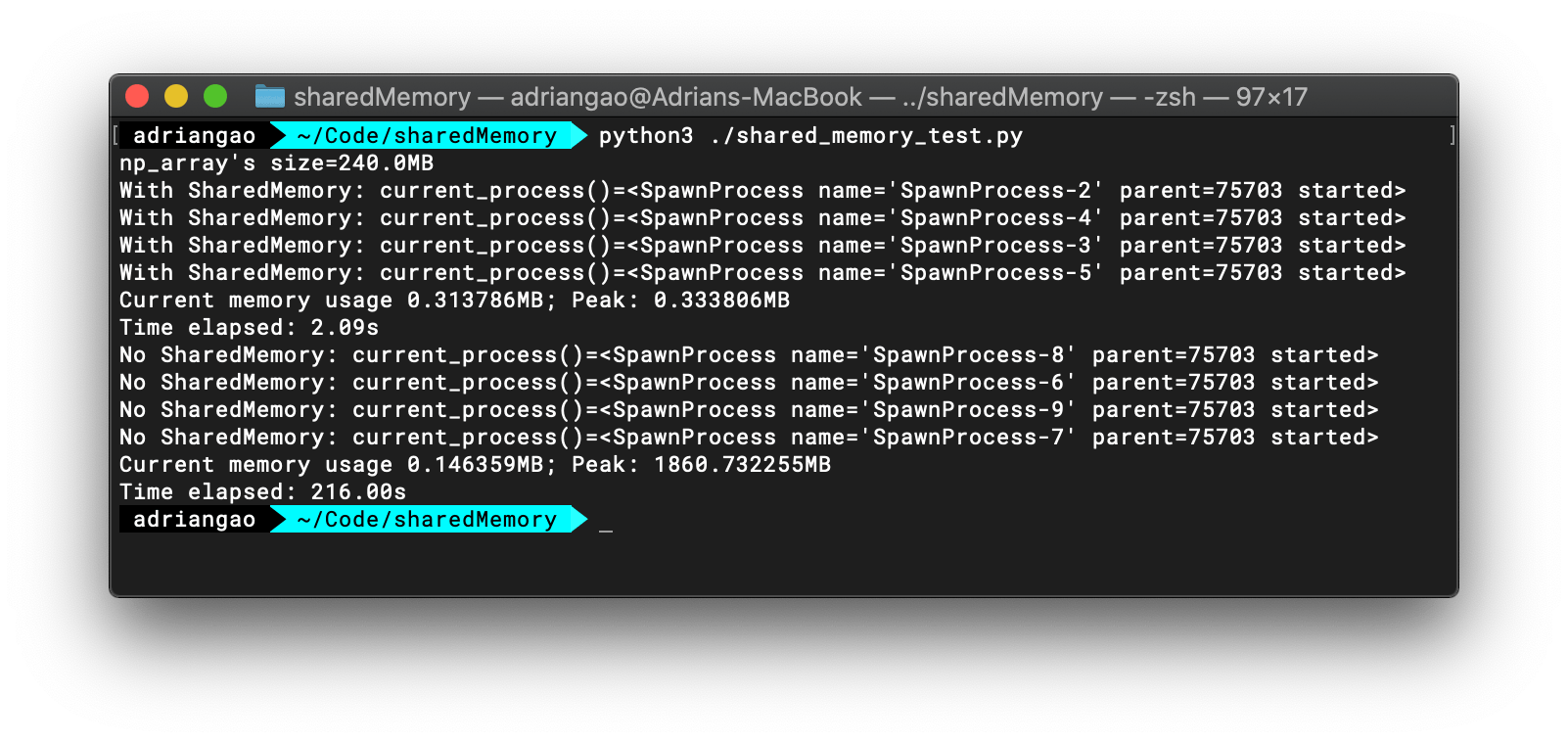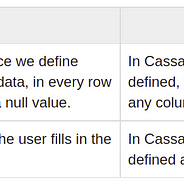But this generator must somehow know it's bounds,. In the list comprehension, everything is calculated and stored in memory at once. 05/10/2019 · likely the most common usage of generator functions is when reading large files, reading a file in python it is common to read the entire contents of the file into memory at once. 06/01/2015 · this is the advantage of using generators. # defining generators with expressions my_generator_expression = (number**2 for number in range(4)) print (sum(my_generator_expression))#output 14 defining generator pipelines

In the list comprehension, everything is calculated and stored in memory at once.
05/10/2019 · likely the most common usage of generator functions is when reading large files, reading a file in python it is common to read the entire contents of the file into memory at once. 21/11/2020 · as list comprehension returns and stores the whole content in the memory, generator expressions just returns and stores the portion of data when it is demanded. 06/01/2015 · this is the advantage of using generators. You don't have to load everything into memory at the start (so it saves memory), and (if done correctly) you don't have to calculate anything until it's actually needed (so this can save computational time if some of the values aren't needed). The idea behind writing this article was to provide a comprehensive understanding of the basics of generators which might take days to build. For example x for x in range (10) if x%2==0 vs (x for x in range (10) if x%2==0). In the generator, the entire list is not produced but instead an iterable generator object which calculates with each call to next. # defining generators with expressions my_generator_expression = (number**2 for number in range(4)) print (sum(my_generator_expression))#output 14 defining generator pipelines In the list comprehension, everything is calculated and stored in memory at once. But this generator must somehow know it's bounds,.
The idea behind writing this article was to provide a comprehensive understanding of the basics of generators which might take days to build. # defining generators with expressions my_generator_expression = (number**2 for number in range(4)) print (sum(my_generator_expression))#output 14 defining generator pipelines 21/11/2020 · as list comprehension returns and stores the whole content in the memory, generator expressions just returns and stores the portion of data when it is demanded. 06/01/2015 · this is the advantage of using generators. 05/10/2019 · likely the most common usage of generator functions is when reading large files, reading a file in python it is common to read the entire contents of the file into memory at once.
In the generator, the entire list is not produced but instead an iterable generator object which calculates with each call to next.
You don't have to load everything into memory at the start (so it saves memory), and (if done correctly) you don't have to calculate anything until it's actually needed (so this can save computational time if some of the values aren't needed). 05/10/2019 · likely the most common usage of generator functions is when reading large files, reading a file in python it is common to read the entire contents of the file into memory at once. But this generator must somehow know it's bounds,. For example x for x in range (10) if x%2==0 vs (x for x in range (10) if x%2==0). 21/11/2020 · as list comprehension returns and stores the whole content in the memory, generator expressions just returns and stores the portion of data when it is demanded. 06/01/2015 · this is the advantage of using generators. # defining generators with expressions my_generator_expression = (number**2 for number in range(4)) print (sum(my_generator_expression))#output 14 defining generator pipelines The idea behind writing this article was to provide a comprehensive understanding of the basics of generators which might take days to build. In the generator, the entire list is not produced but instead an iterable generator object which calculates with each call to next. In the list comprehension, everything is calculated and stored in memory at once.
In the list comprehension, everything is calculated and stored in memory at once. In the generator, the entire list is not produced but instead an iterable generator object which calculates with each call to next. 05/10/2019 · likely the most common usage of generator functions is when reading large files, reading a file in python it is common to read the entire contents of the file into memory at once. For example x for x in range (10) if x%2==0 vs (x for x in range (10) if x%2==0). # defining generators with expressions my_generator_expression = (number**2 for number in range(4)) print (sum(my_generator_expression))#output 14 defining generator pipelines

# defining generators with expressions my_generator_expression = (number**2 for number in range(4)) print (sum(my_generator_expression))#output 14 defining generator pipelines
You don't have to load everything into memory at the start (so it saves memory), and (if done correctly) you don't have to calculate anything until it's actually needed (so this can save computational time if some of the values aren't needed). 21/11/2020 · as list comprehension returns and stores the whole content in the memory, generator expressions just returns and stores the portion of data when it is demanded. For example x for x in range (10) if x%2==0 vs (x for x in range (10) if x%2==0). 06/01/2015 · this is the advantage of using generators. But this generator must somehow know it's bounds,. 05/10/2019 · likely the most common usage of generator functions is when reading large files, reading a file in python it is common to read the entire contents of the file into memory at once. The idea behind writing this article was to provide a comprehensive understanding of the basics of generators which might take days to build. # defining generators with expressions my_generator_expression = (number**2 for number in range(4)) print (sum(my_generator_expression))#output 14 defining generator pipelines In the generator, the entire list is not produced but instead an iterable generator object which calculates with each call to next. In the list comprehension, everything is calculated and stored in memory at once.
View Generator Python Save Memory Gif. The idea behind writing this article was to provide a comprehensive understanding of the basics of generators which might take days to build. 06/01/2015 · this is the advantage of using generators. In the list comprehension, everything is calculated and stored in memory at once. For example x for x in range (10) if x%2==0 vs (x for x in range (10) if x%2==0). In the generator, the entire list is not produced but instead an iterable generator object which calculates with each call to next.

